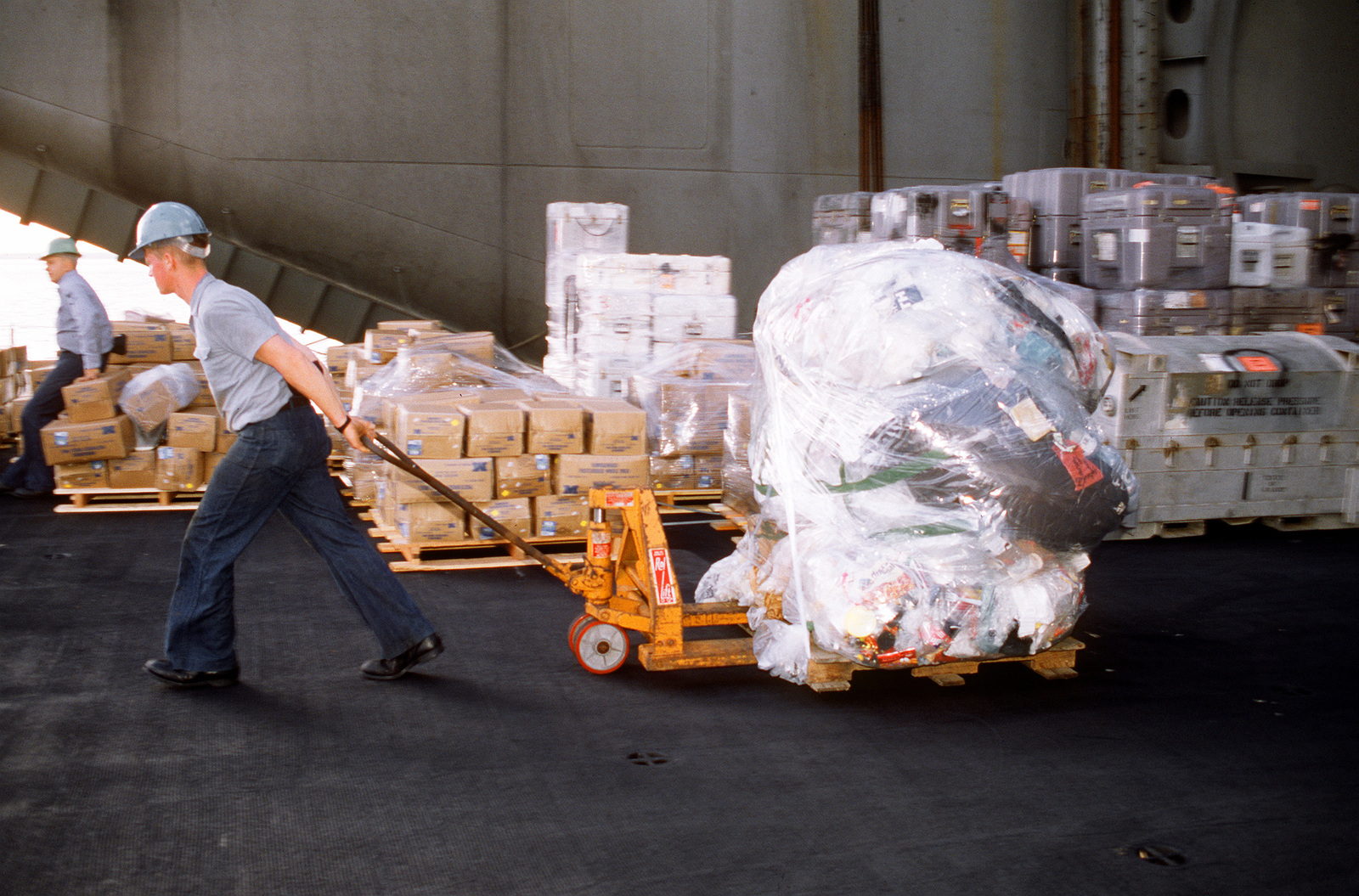Camping is an inherently dangerous activity. Even in a relatively secure campground, there are still certain risks present about being out in the wilderness. At the very least, camping can be mildly uncomfortable with all of its innate inconveniences. But when you take it to the next level and camp in the actual wilderness—a good distance away from civilization—the chances of encountering worst-case camping scenarios are much higher.
Utmost preparation is the key to avoiding these wildly unpleasant and often dangerous situations. That said, here are some of the most common worst-case scenarios and what you can do to avoid them.
- Getting lost
It is fairly common to lose your way a few times while camping out in the wilderness, where there are little to no beaten paths, much fewer road signs to guide you where to go. Some hikers will be able to find the right track after consulting a map or a GPS device, but others are not so lucky. If you get lost—and we mean lost—while out in unfamiliar terrain, your life may very well be in danger.
The best way to avoid this type of scenario is to always carry a reliable communication device with you. We don’t mean smartphones, either; we’re talking about an actual satellite phone that will always have signal wherever you go. Having this type of device with you while camping—especially while you are alone—can mean the difference between life and death in worst-case scenarios.
Furthermore, it is highly advisable to invest in satellite walkie-talkies if you are traveling with a group. These push-to-talk radios can help you stay connected with the rest of your group even if you get separated in the wilderness. Many models also have GPS tracking that can help you locate any member in case they get lost.
- Storms
Weather forecasts aren’t perfect. If you’re unlucky enough, you could be in the middle of the woods just in time for a storm. That said, prepare for bad weather even if the weather app says it’s going to be sunny all week. Bring all the rain essentials, including a tarp, waterproof matches, and rain gear.
If you find yourself in this type of situation, try to leave the campsite as soon as the weather starts acting up or find nearby shelter. If this is not an option, secure your tent, tie down everything, and do everything that you can to stay dry and warm until the storm passes.
- Animal attack
Most animals are unlikely to attack a human being unless they are provoked, but it still pays to know what to do in case a dangerous animal comes sniffing around your campsite.
First and foremost, prevent this situation from happening by making your campsite unattractive to animals. Secure your food, keep your trash receptacles closed, cook food away from where you sleep, and never keep food in your tent.
If a bear enters your campsite, make as much noise as you can to scare them away. If you come across one while hiking on a trail, speak in a low, monotone voice while slowly backing away. Don’t turn your back on it, run away from it, or make eye contact with it. Carry bear repellent spray at all times and know how to use it. Making yourself as loud and as big as possible can also work for coyotes and mountain lions.
- Criminal activity
Encountering a criminal while out camping can seem like a situation straight out of a horror movie, but it can and it does happen. So, it won’t hurt to be cautious.
Camping with at least one other person can reduce your chances of getting hurt by someone lurking in the wilderness. More than that, you should also carry pepper spray and other acceptable self-defense weapons to keep your campsite safe. If you plan to camp alone, it may be best to camp in a campground or near another group.
- Out-of-control campfire
An out-of-control campfire can turn into a wildfire in the blink of an eye. To avoid this potential tragedy, keep an eye on your campfire at all times and never let it get too big. If it gets out of control, try to contain it by piling dirt or wet towels on the fire. Try throwing water on its perimeter as well. When you realize you can no longer control it, evacuate and call the authorities immediately.
You’ve probably heard a ton of camping horror stories by now. You might also think that they are not as probable as they seem. However, remember that even if these worst-case scenarios are unlikely to happen, that doesn’t mean that they won’t. The best thing to do is to prepare in case these things happen.
















